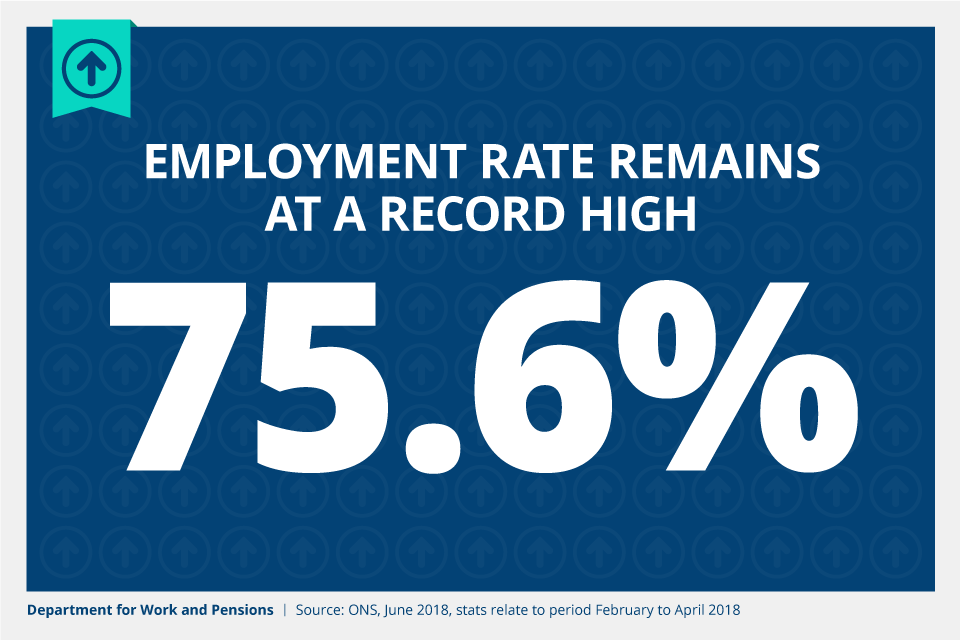Press release: Green light for ultra-fast electric car charging innovation
A new pioneering technology to ensure a next generation of safer, high-powered electric car batteries can be charged by drivers in ultra-fast time is just one of 12 innovation projects to receive the green light from the government’s Faraday Battery Challenge.
The PowerDrive Line project being led by Southampton-based company Ilika is focusing on sold state battery cell development, in particular how to manufacture at scale in the UK and how to build in ultra-fast charging technology of less than 25 minutes for a vehicle as is seen in some current battery systems.
In total £22 million grants are being rewarded to consortia across the UK as part of the latest round of funding through the Faraday Battery Challenge, part of the government’s Industrial Strategy Challenge Fund.
The funding is key to realising the government’s ambitions for innovative energy solutions as set out in our modern Industrial Strategy. The Faraday Battery Challenge brings together world-leading research and business to accelerate the research needed to develop battery technologies.
Other major R&D projects funded include:
- a revolutionary approach to battery management led by Williams Advanced Engineering
- a McLaren Automotive led consortium project that aims to accelerate the development of electrified powertrains
- a revolutionary battery recycling project that will develop the first UK industrial scale capability to reclaim and reuse battery essential metals. This project is being led by Cheshire-based ICoNiChem and involves Jaguar Land Rover
- an Aston Martin Lagonda project into the development of better performance battery packs.
Business and Energy Secretary Greg Clark said:
Innovative battery technology is changing the way we live, travel and work and the Government is committed to putting Britain at the heart of this energy revolution.
Today’s £22 million investment in world-leading R&D projects is an example of our modern Industrial Strategy in action and will help pioneering companies realise the economic benefits the global transition to a low carbon economy offers.
UK Research and Innovation chief executive Professor Sir Mark Walport said:
Effective, efficient and sustainable transport is key to addressing so many of today’s challenges from industrial growth to social inclusion. Through advanced battery technology, we will unlock a new generation of electric vehicles, further improving vehicle performance and uptake, opening doors to innovative new transport ideas and significantly reducing environmental impacts. Today’s investment shows we are catalysing collaboration between research teams and commercial partners across the UK to make this a reality.
Battery Challenge Director Tony Harper said:
This latest round of cutting-edge research and development projects illustrate the quality of innovations coming from our research and industrial base, and reinforce why the UK is a world-leader in battery technology development.
